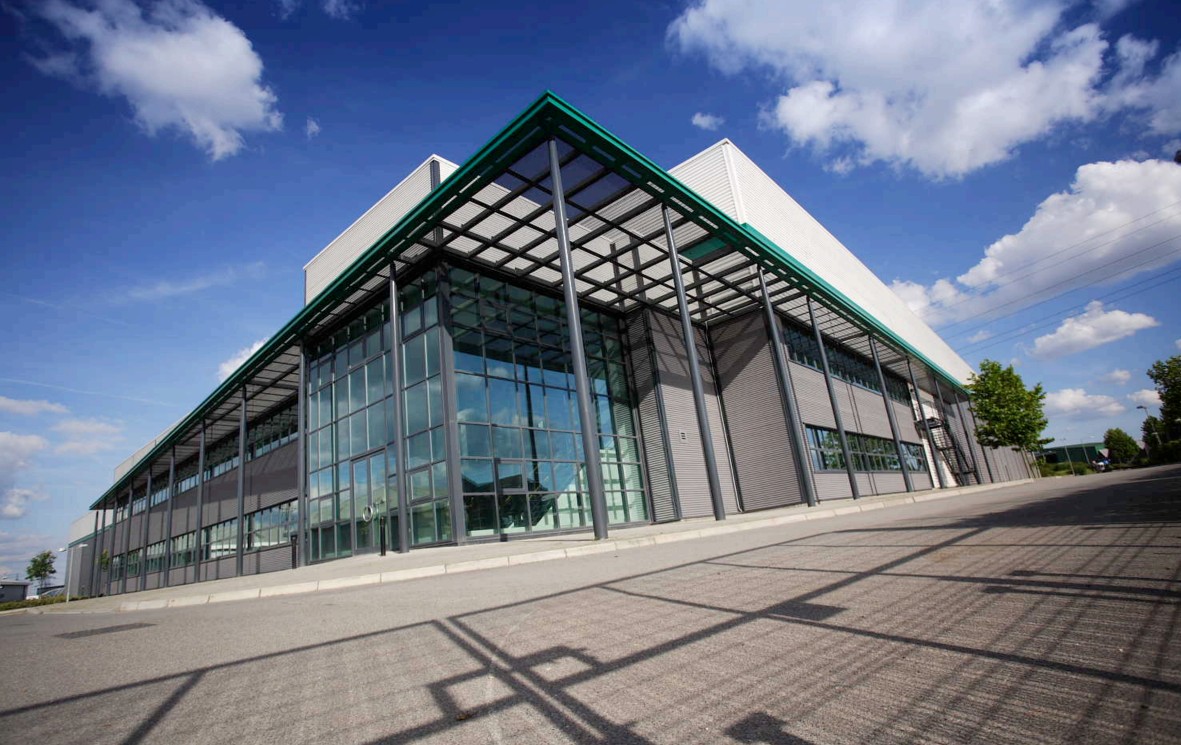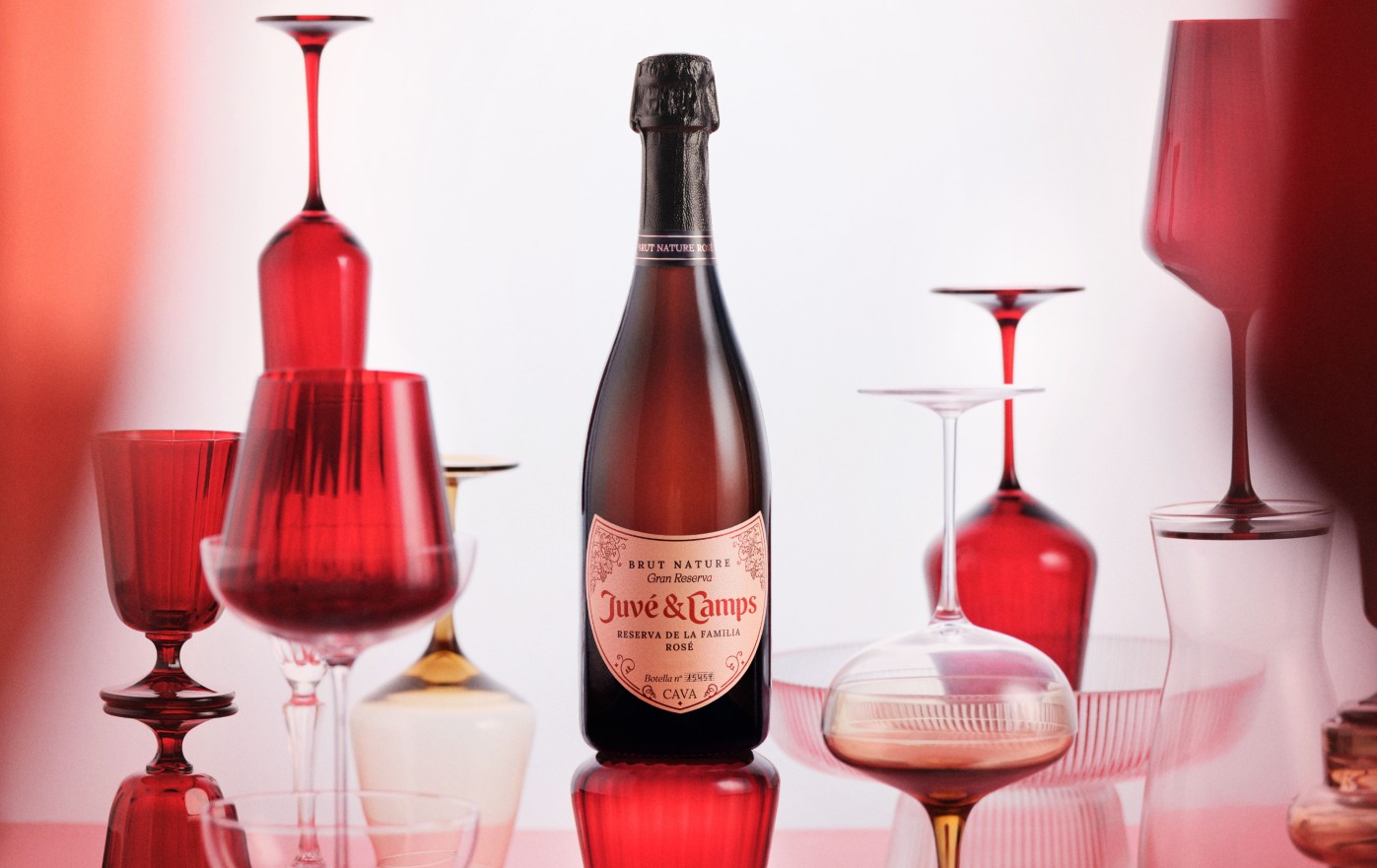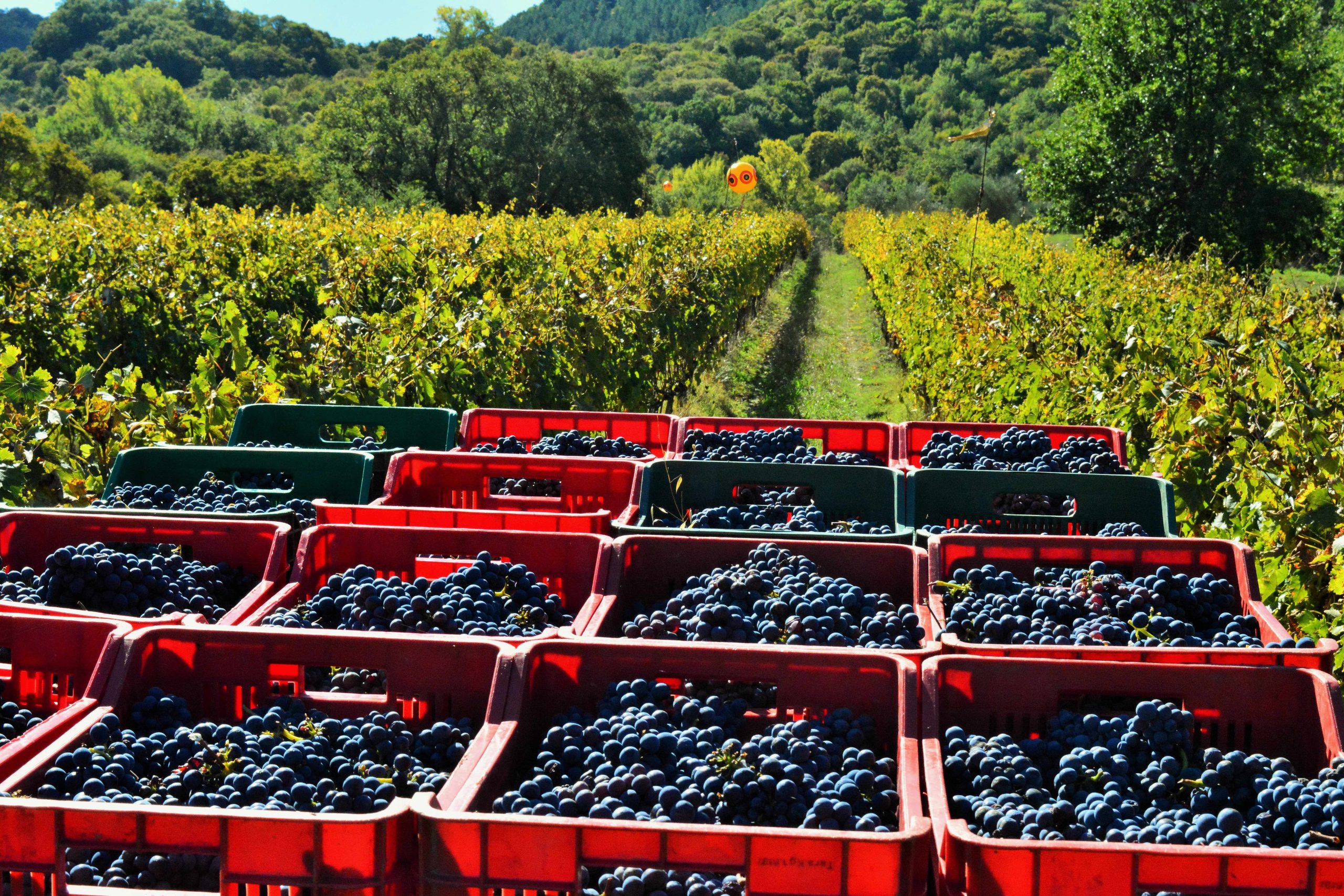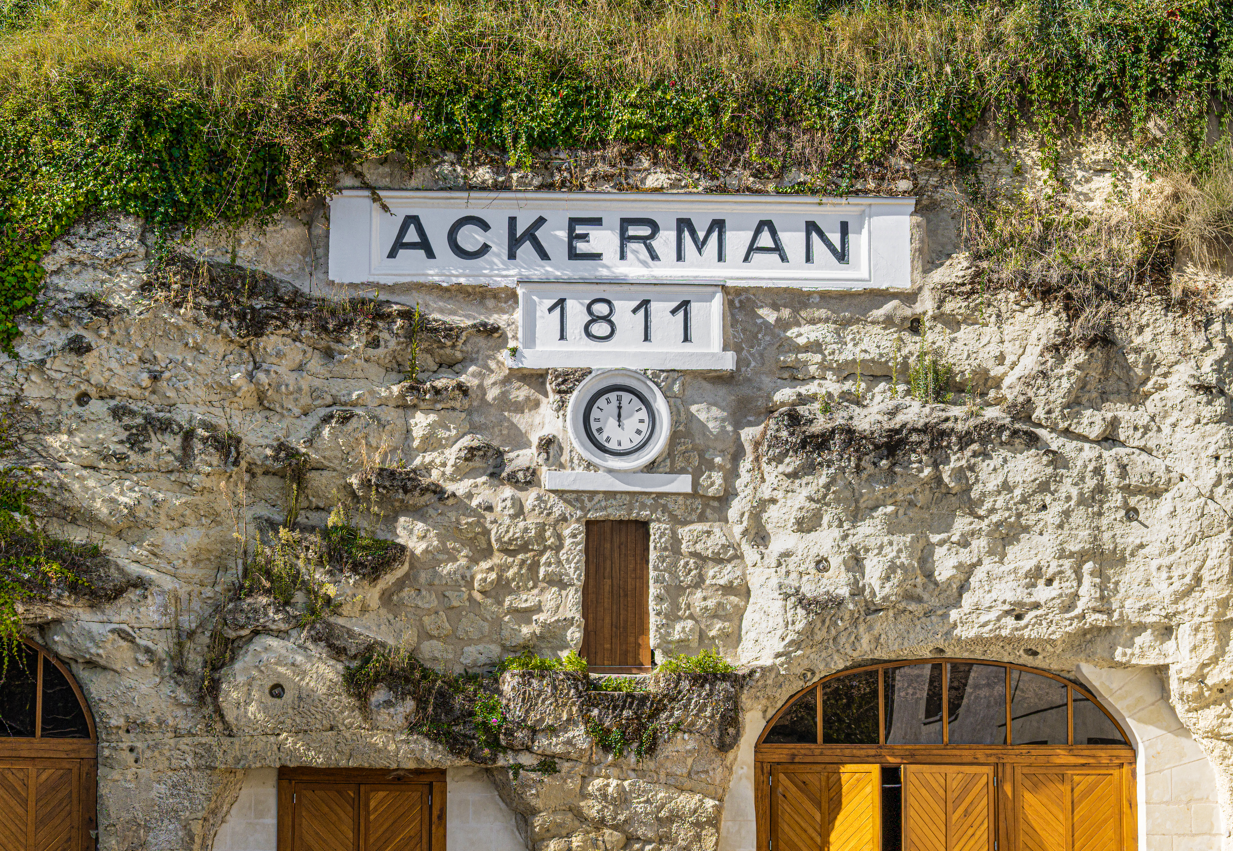Restricting booze sale at airports jeopardising UK travel retail, law firm claims
The government’s plan to restrict the sale of booze at airports may jeopardise the success of UK retail and leisure industries.
Currently, international airports in England and Wales are exempt from the Licensing Act 2003, which grants licensing powers and the right to restrict opening hours to local authorities, but the Home Office is mulling a change in the law to bring airside bars, pubs and outlets in-line with other drinking holes across the UK, in order to cut booze-related disruptions in airports and on planes.
However, City law firm RPC claimed that restricting the sale of alcohol during early morning hours would reduce the attraction of airports for retail and leisure spending, and risked adding unnecessary red tape and large increases in costs to one of the UK biggest success stories.
RPC partner Ciara Cullen said it was “worrying” that the government was considering “hampering” the success of British airports as a retail destination by increasing the red tape and cost burden at a time when the retail sector was already under pressure.
RPC claimed airport bars would be hit by a rise in business rates that were likely to be valued on the value of the entire airport rather than just the bar space, in addition to a late night levy of up to £4,400 per year and licensing fees, and running costs such as employing door staff or installing CCTV
The government consultation paper published in November admitted there could be financial implications for businesses should the changes be made, but said the cost of dealing with unruly passengers was falling disproportionately on airlines. A decision would need strike “the right balance between promoting economic growth of the aviation industry and protecting passengers’ rights, health and safety throughout their journey,” it said.
Cullen said that while reducing drunkenness on flights was “undoubtedly” a good thing, there are other ways of dealing with the issue without restricting the huge majority of people who drink responsibly.
Partner Content
“UK airports have done a fantastic job of ensuring tourists begin their foreign holiday spending in the UK and not overseas. Given the pressures the sector is facing, both retailers and airports will be wondering why the Government would want to make that more difficult,” she said.
The sale and supply of alcohol airside at international airports in the United Kingdom has been exempt from the licensing laws since 1956, when there were only 2 international airports in the UK, but in April 2017, the Select Committee argued that present regulatory arrangements and industry-led initiatives were insufficient to tackle the issue of drunk and disruptive airline passengers. Given the increase in booze-related incidents at airports in recent years, they recommended revoking the exemption from the Act that currently applies to 24 international airports, and to any ports and hoverports in England and Wales.
The consultation was welcomed by Airlines UK, the trade body representing UK registered airlines and the Airport Operators Association.
The consultation closes on 1 February.




